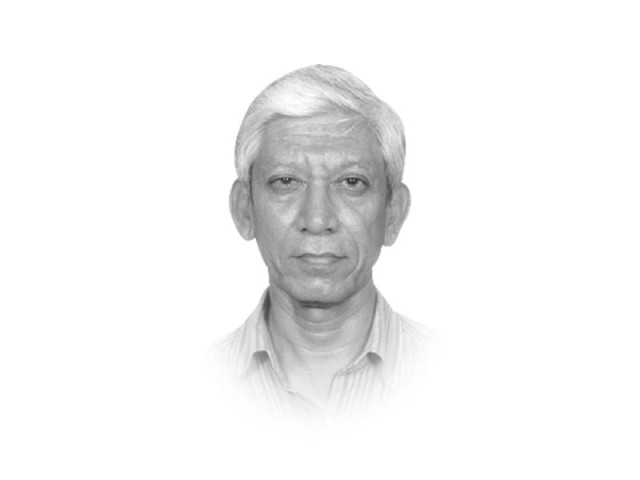Personal accounts of 1971
Bilwani describes how Gujarati business clans from West Pakistan lost their investments East Pakistan following 1971.

Trying to discover Bilwani’s personality and thinking is useful as his experiences in an active practical life have informed his view of the long series of events that led to the emergence of Bangladesh as an independent state. For example, it is hardly surprising that he often looks at the traumatic days of the civil war in the eastern part in comparison with the similar days of 1947-48, during which communal riots, tension, a two-way transfer of population, division of assets between the two states and transfer of private capital took place. He is of the firm opinion that the 1971 civil war was much bloodier and more destructive than the events around the Partition. He observes that while some specific areas — Punjab, Bengal and Bihar — were vastly and tragically hit by killings, rape and looting, other parts of the subcontinent — such as Sindh, Gujarat, large parts of UP and CP and almost the entire southern subcontinent — remained relatively calm although passions were high and so was communal tension. He recalls the experience of his biradari and other biradaris from Kathiawar and other parts of Gujarat that were able to not only safely bring their member families to the new state but also to transfer their capital to start their life again in the new state. (It should not be forgotten here that many such business clans were already settled in the areas that came to become Pakistan from the colonial days, mostly the late 19th and early 20th centuries.)
Bilwani notes that in 1947, the two states had been able to facilitate transfer of cash, assets and private capital. He mentions the name of a fellow Gujarati, HM Patel, who represented Pakistan on the committee overseeing the division of office equipment and furniture on a 80:20 ratio between the newly-born states of India and Pakistan.
On the other hand, the level of mutual hatred and hostility between the parties involved in the civil war of East Pakistan in 1971, was much higher and engulfed the entire area now forming Bangadesh. A very large number of people were killed and maimed at the hands of the Pakistani armed forces, militias and police; the rebel Bengali members of these forces, state-supported razakar outfits (such as alBadr and alShams having a Bengali and Bihari membership), indigenous and India-trained bahinis (the most famous being the Mukti Bahini) and sundry lawless elements working on their own. The industrialists and tea-planters, who had their business base in West Pakistan, had to leave all their immoveable assets without any compensation (except the large amounts of cash that they were able to withdraw from banks and smuggle to West Pakistan before withdrawals were banned by the Awami League).
Bilwani describes how the Gujarati business clans — Adamjee, Dadabhoy and many less known ones — from West Pakistan had invested in the eastern wing in jute, paper and other industries and tea plantations, which they lost in 1971 (Kutchi Memons had large businesses in Calcutta and Burma, which they were able to shift to East Pakistan after 1947, but they, too, lost everything. Since they had little business presence in West Pakistan, they were hit harder than other business communities). All these industrial and business interests were officially taken over by the Bangladesh government, because of the widely-held and realistic view that these export-oriented industries and businesses had resulted in gross economic exploitation of East Bengal, as almost the entire foreign exchange earned through them was routinely allocated to West Pakistan and this practice had continued throughout the life of the two wings together. Bilwani, too, notes in passing that the miserable condition of the infrastructure in East Pakistan showed how little was invested there. Any protests on the continuation of the practice of economic, political and cultural exploitation were suppressed by exercising brutal force. The heartless and greedy policies devised and cruelly imposed by the ruling classes of West Pakistan — with the support of the civil and khaki bureaucracy — resulted in a huge human misery on all levels.
Bilwani mentions how he made several trips to East Pakistan during the war. One such visit he undertook on March 23, 1971 — when East Pakistan was on the verge of being hit hard by Operation Searchlight — when, on his arrival in Dhaka on his way to Chittagong, he saw Khan Abdul Wali Khan and Zulfikar Ali Bhutto (separately) who were preparing to leave for home. He describes his 130-mile-long road journey through Sitakund, Koni, Daudhundi, Comilla to Chittagong, which was taken over by the Mukti Bahini a couple of days later. A little more than 300 men of the Baloch Regiment of the Pakistan Army got besieged in the cantonment; they were rescued by their colleagues from Comilla cantonment after about a week and the town came back under the nominal control of the Pakistani forces. The Bihari settlements of Wireless Colony, Sholaset and Pahartali were besieged from all sides and supply of food and other essential items was cut off. The Biharis were all but abandoned by those who they had supported.
Published in The Express Tribune, December 17th, 2011.














COMMENTS
Comments are moderated and generally will be posted if they are on-topic and not abusive.
For more information, please see our Comments FAQ